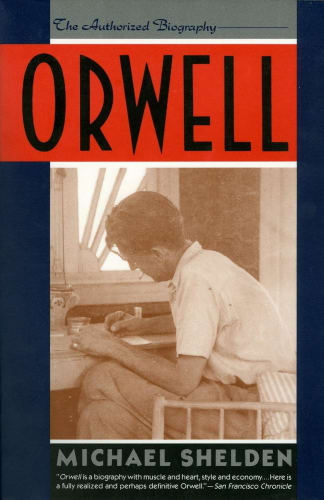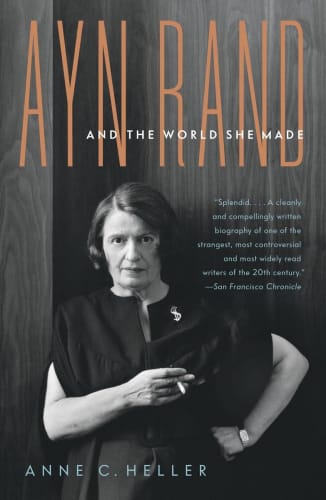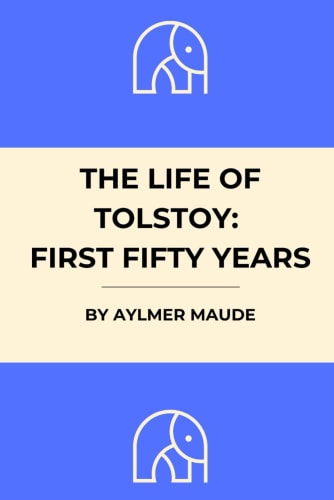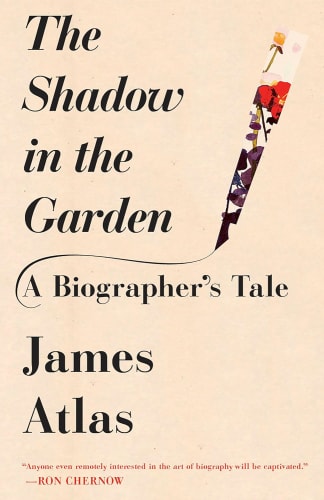
Five Literary Biographies
Can a biographer accurately capture the life and character of a literary legend? According to James Atlas, a famous biographer and literary celebrity in his own right, this is unlikely. People are complex and elusive, and artists doubly so. We can never succeed in knowing them entirely –– no matter how hard we try. Yet, biographers keep trying. They invest years researching a life, hoping to unravel a mystery of human nature and creativity and to produce comprehensive portrayals. In biographer Michael Shelden’s words, a writer’s life matters “because his work matters.” The lives of Somerset Maugham, George Orwell, and Leo Tolstoy have been told many times, and each time from a different angle. Biographers mine archives for new material, conduct interviews, and read letters and diaries to pin down facts; then they tell a story to bring it alive. Below are five literary biographies that have both informed and entertained me.
Read more...
Read less...









